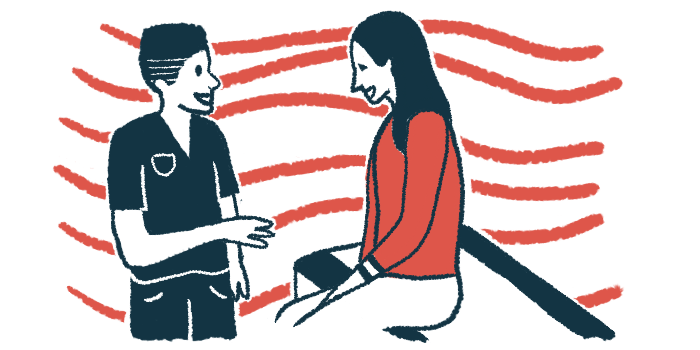Parkinson’s support networks vital in rural areas, researchers say
Michigan project looks at whether outside teams can help

Support networks are important for people with Parkinson’s disease, and patients in rural areas don’t always have access to information that would help improve their lives, Central Michigan University researchers said.
The researchers are wrapping up a year-long project studying whether creating support networks in underserved U.S. rural communities may help Parkinson’s patients better manage their symptoms and improve quality of life.
“Making relationships, that’s what this really is about,” Jamie Haines, associate professor in Central Michigan University’s physical therapy program and coordinator of the project, said in a university press release. Relationships lead to trust, which can be particularly important for patients when other resources are missing, Haines said.
Parkinson’s is a degenerative condition that progressively impairs patients’ motor abilities, due to symptoms including tremors, muscle rigidity, and slowed movements, as well as nonmotor functions that may lead to cognitive, mental health, or sleeping issues. These disease manifestations significantly impact patients’ daily functioning and quality of life.
Most people with Parkinson’s who live in rural communities receive healthcare from general providers. These doctors provide care to people with an extensive range of diseases, so patients lack access to specialized care. Because specialists tend not to practice in rural areas, patients who live in rural areas may have more difficulty getting quality care than those living in more urban settings.
Access to experts ‘challenging’
“The access to experts is very challenging,” Haines said.
“Research tells us people with Parkinson’s need a team,” she said. However, the more rural a community is, the more likely it is to lack resources, particularly access to specialized teams.
Besides medications, patients need interventions such as speech, physical, and occupational therapy to help them manage disease symptoms, ease pain and stress, and improve quality of life.
The researchers worked with Parkinson’s patients in the rural Michigan communities of Mount Pleasant, Alpena, and Houghton to assess whether having a support network from outside their areas could help them engage in activities to improve their lives.
The team met with the patients three times over the one-year duration of the project, during which time they assessed patients’ balance, ability to walk, and strength. They provided patients with assessment reports and strategies on how they could better manage their symptoms.
One of the most effective interventions is physical exercise, the researchers said. “Exercise is one of the best things for Parkinson’s patients,” said Lachane Ballard, one of the researchers on the team.
Haines aims to encourage young healthcare providers to work in rural communities.
Ballard said that while it’s too early to draw conclusions about how a good support network should be established and how to supply it with resources, working with the Parkinson’s patients provided valuable experience, which she aims to put to work when she graduates next May.
“It’s nice to be able to see our positive impact with them,” Ballard said.







